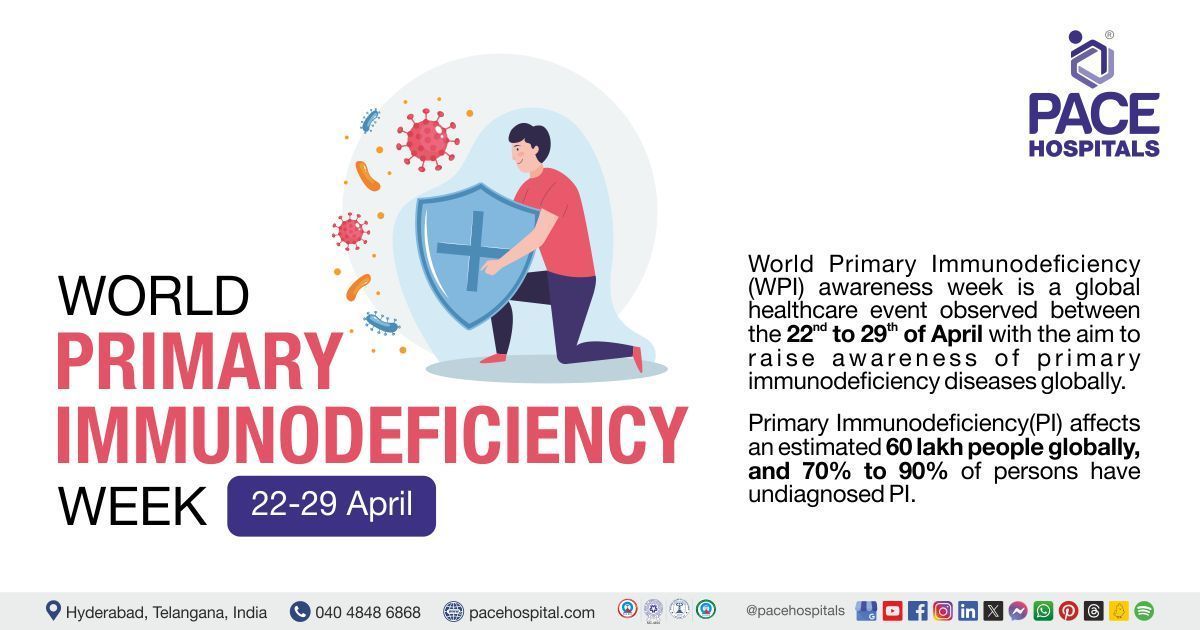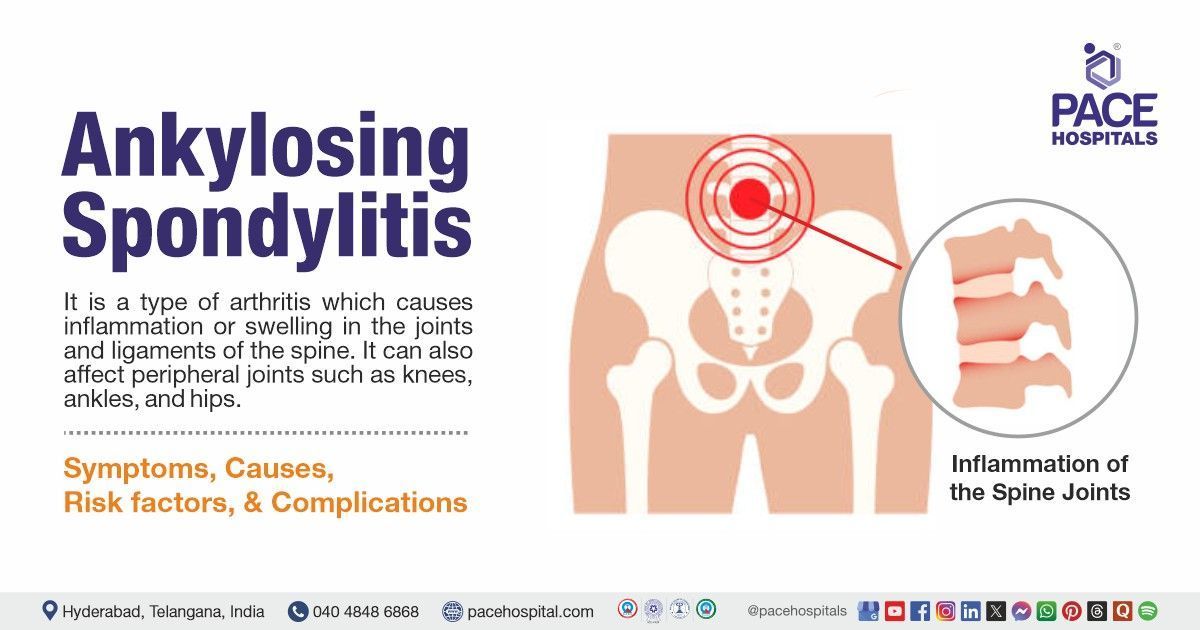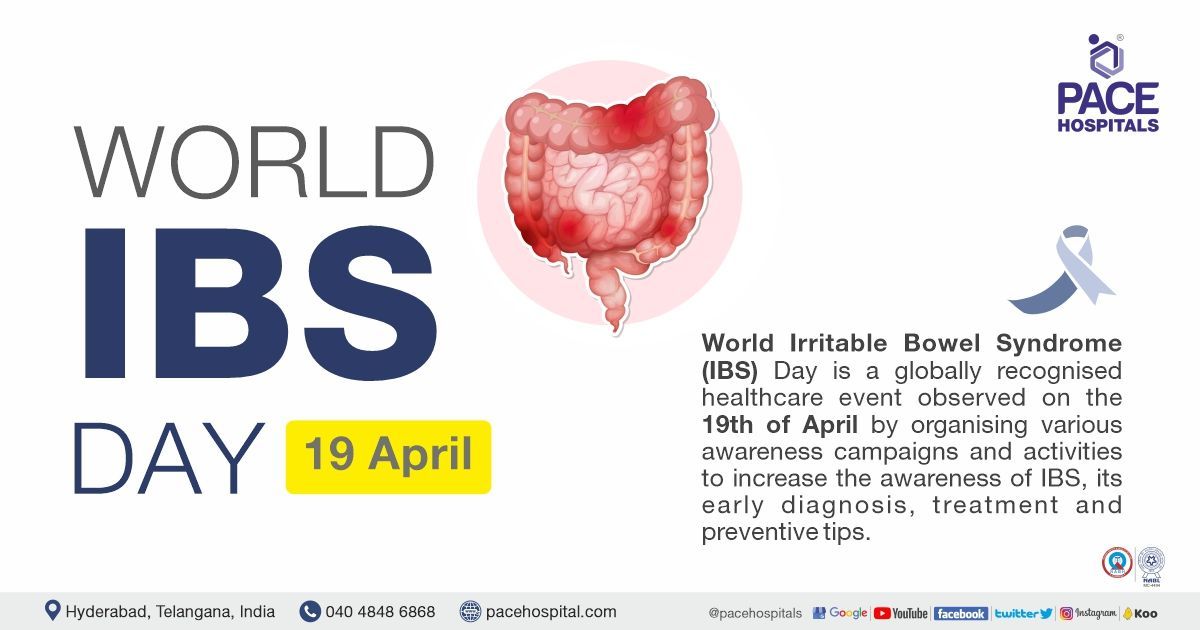World Meditation Day, 21 December 2024 - Theme, Importance and Benefits
The United Nations General Assembly (UNGA) has recognized the potential of meditation to improve contemporary lifestyles by designating December 21, 2024, as World Meditation Day. From environmental meditations to closed-eye meditations, this age-old practice offers a variety of methods that influence emotional equilibrium and neuroplasticity.
Importance of Meditation
Meditation holds immense significance in today’s fast-paced and often stressful world. Its importance can be summarized as follows:
- Mental Clarity: Meditation helps clear the mind of clutter, allowing individuals to think more clearly and make better decisions.
- Stress Reduction: One of the primary reasons for practicing meditation is its ability to reduce stress. Through mindfulness and focused attention, individuals can quiet their minds, reduce anxiety, and remain calm in stressful situations.
- Emotional Balance: Meditation fosters emotional stability by helping individuals connect with their inner selves, leading to greater emotional awareness and resilience.
- Peace and Well-being: Meditation promotes inner peace, leading to a sense of happiness and fulfillment that comes from within, rather than relying on external circumstances.
- Spiritual Growth: For many, meditation is a spiritual practice that encourages growth and a deeper connection with their values and beliefs.

World Meditation Day 2024 theme
This year 2024, the World Meditation Day Theme is “Inner Peace, Global Harmony!”. A global call to recognize the day by focusing on promoting mindfulness, peace, and health. It encourages individuals to practice meditation as a tool to cope with stress, foster mental clarity, and create a sense of connection within communities. The theme often reflects the need for mindfulness in the modern world, where stress, anxiety, and other challenges can affect overall well-being.
Role of Meditation in Health
Meditation plays a crucial role in maintaining and improving health. It offers a holistic approach to health that goes beyond physical well-being, impacting the mind and emotions as well. The role of meditation in health includes:
- Reducing Stress and Anxiety: Chronic stress can contribute to various health problems such as high blood pressure, heart disease, and weakened immunity. Meditation helps lower the levels of cortisol, the stress hormone, thereby promoting relaxation and stress relief.
- Improving Sleep: People who meditate regularly often report better sleep patterns, as meditation helps calm the mind and body, making it easier to fall asleep and stay asleep.
- Enhancing Concentration and Focus: Meditation improves attention span and cognitive function. This is especially important for people who have demanding jobs or study schedules.
- Boosting Immune System: Meditation has been shown to enhance the immune system’s functioning, making it easier for the body to ward off illnesses.
- Supporting Heart Health: Meditation has a positive impact on cardiovascular health. Studies have shown that it can lower blood pressure, reduce heart rate, and improve circulation.
Health Benefits of Meditation
Meditation offers a wide range of health benefits, both physical and mental:
Mental Health Benefits:
- Reduces Symptoms of Anxiety and Depression: Studies have shown that mindfulness-based meditation practices can significantly reduce symptoms of anxiety and depression. It helps individuals become more aware of their thoughts and emotions, preventing them from being overwhelmed by them.
- Improves Emotional Regulation: Meditation fosters a balanced emotional state by teaching individuals to be more aware of their emotions without reacting impulsively.
- Enhances Self-awareness: Regular meditation helps individuals gain a deeper understanding of themselves, improving their self-esteem and emotional intelligence.
Physical Health Benefits:
- Lowers Blood Pressure: Meditation has been shown to reduce blood pressure by promoting relaxation and reducing stress.
- Reduces Chronic Pain: Meditation can help individuals manage chronic pain by altering the way the brain perceives pain signals, helping reduce discomfort.
- Improves Respiratory Health: Deep breathing techniques used in meditation can improve lung function, enhance oxygen intake, and reduce symptoms of asthma or other respiratory issues.
- Improves Brain Function: Meditation helps increase gray matter in the brain, which is linked to better memory, learning, and emotional regulation.
Spiritual Health Benefits:
- Promotes Inner Peace: Many people use meditation to achieve a sense of inner peace and calm, making it an effective tool for spiritual well-being.
- Increases Compassion and Empathy: Meditation practices like loving-kindness meditation (Metta) foster feelings of compassion, empathy, and interconnectedness with others.
World Meditation Day on December 21st is an opportunity to highlight the significant role of meditation in improving both mental and physical health. It provides a platform for people across the world to connect, reflect, and embrace meditation as a daily practice. The benefits of meditation are far-reaching and incorporating it into daily life can lead to a healthier, more balanced, and peaceful existence. Through mindful practices, individuals can cultivate better emotional resilience, improved health, and a greater sense of connection to themselves and the world around them.
Share on
Request an appointment
Fill in the appointment form or call us instantly to book a confirmed appointment with our super specialist at 04048486868













